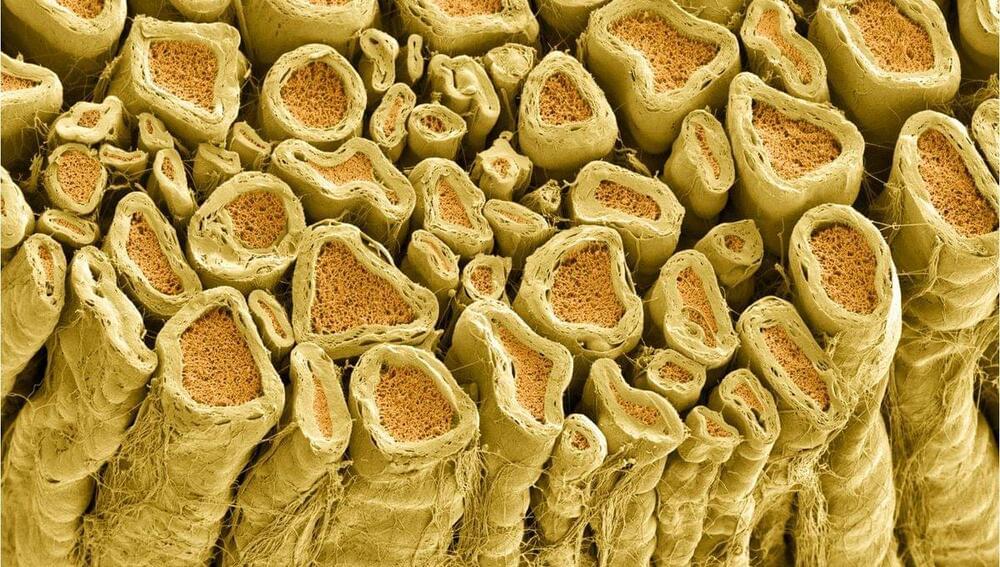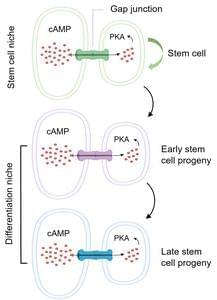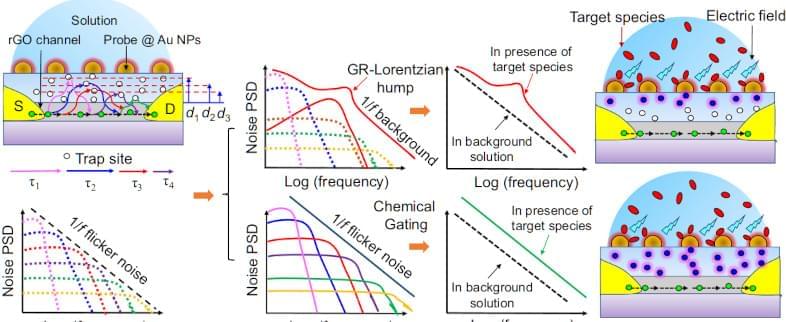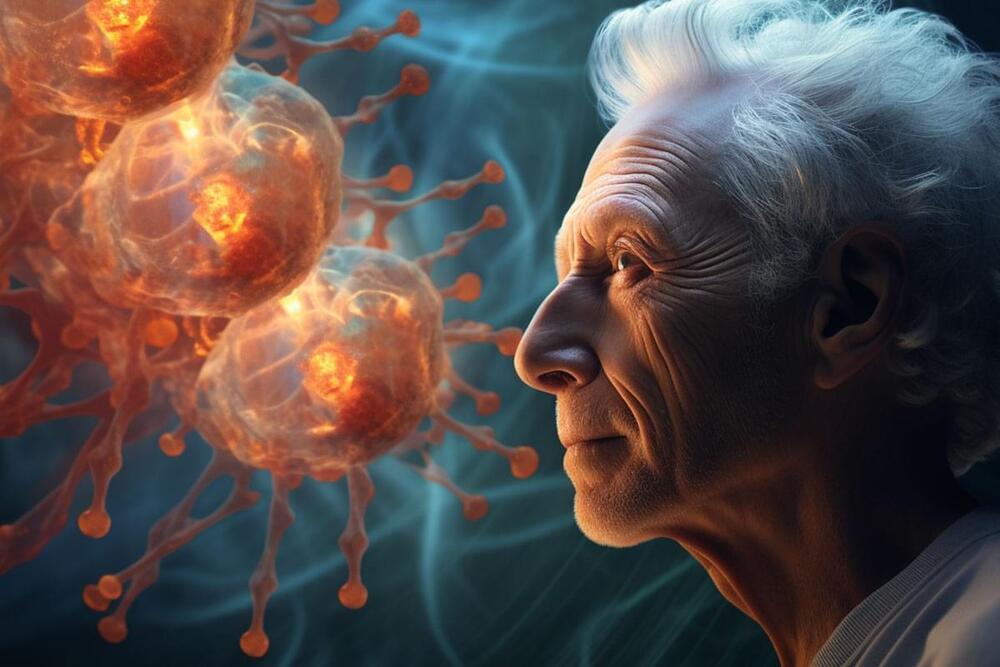That was fast.
The Columbus Dispatch, a newspaper serving the Columbus, Ohio area, has suspended its AI efforts after its AI-powered sports writing bot was caught churning out horrible, robotic articles about local sports, Axios reports.
The Dispatch — which is notably owned by USA Today publisher Gannett — only started publishing the AI-generated sports pieces on August 18, using the bot to drum up quick-hit stories about the winners and losers in regional high school football and soccer matches. And though the paper’s ethics disclosure states that all AI-spun content featured in its reporting “must be verified for accuracy and factuality before being used in reporting,” we’d be surprised if a single human eye was laid on these articles before publishing.




 עברית (Hebrew)
עברית (Hebrew)


